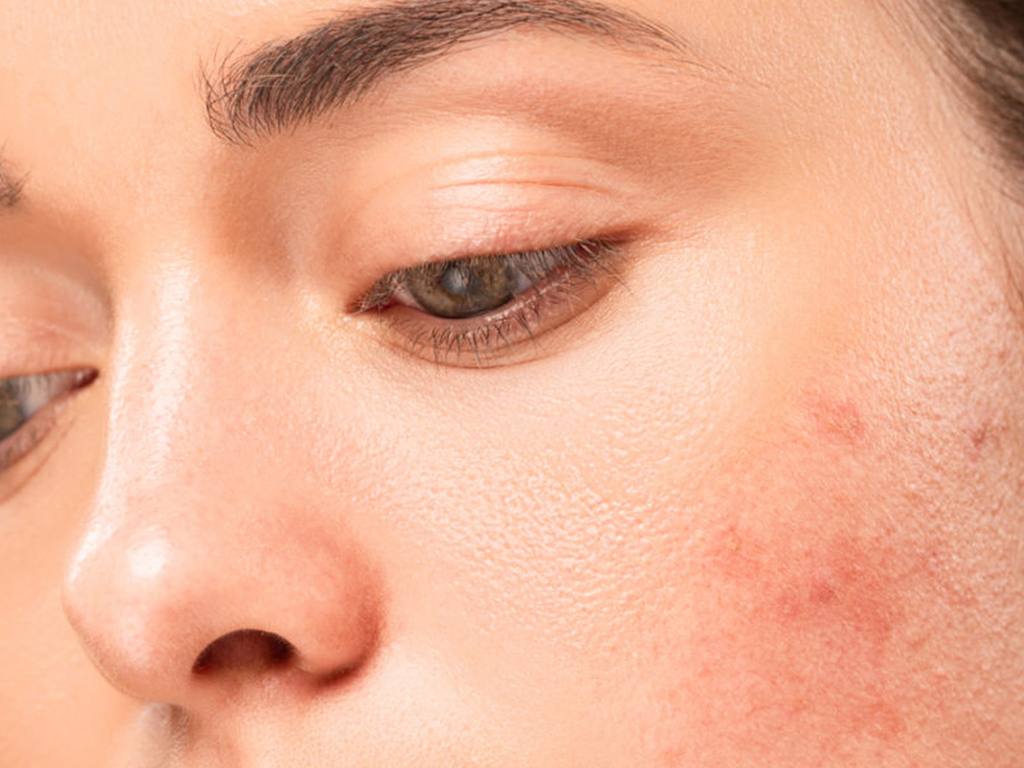
Acne is a common skin condition that affects millions of people worldwide, often leading to not only physical discomfort but also emotional distress. For those residing in Dubai, where a combination of high temperatures and humidity can exacerbate skin issues, finding effective acne treatment in Dubai . This guide provides an overview of the various acne treatment options available in Dubai, helping you navigate the best solutions for clear, healthy skin.
1. Understanding Acne
Acne occurs when hair follicles become clogged with oil and dead skin cells, leading to inflammation, pimples, and sometimes cysts. It typically appears on the face, back, and shoulders. The condition can be triggered by several factors, including hormonal changes, stress, and environmental conditions.
2. Topical Treatments
a. Prescription Medications
In Dubai, dermatologists commonly prescribe topical treatments containing ingredients like retinoids, antibiotics, and benzoyl peroxide. Retinoids, such as tretinoin, help unclog pores and reduce inflammation. Antibiotics like clindamycin and erythromycin combat bacterial growth, while benzoyl peroxide targets acne-causing bacteria and reduces excess oil.
b. Over-the-Counter Products
Over-the-counter (OTC) options are widely available in Dubai’s pharmacies and include products with ingredients like salicylic acid, alpha hydroxy acids (AHAs), and sulfur. Salicylic acid helps exfoliate the skin and unclog pores, while AHAs improve skin texture and reduce acne scars. Sulfur-based products work by absorbing excess oil and reducing inflammation.
3. Oral Medications
a. Antibiotics
Oral antibiotics are often prescribed for moderate to severe acne that doesn’t respond to topical treatments. Medications like doxycycline and minocycline help reduce inflammation and bacterial growth from within. These treatments usually require a prescription and should be used under the guidance of a dermatologist to avoid potential side effects.
b. Hormonal Treatments
For women experiencing hormonal acne, oral contraceptives and anti-androgens like spironolactone can be effective. These medications help regulate hormones that contribute to acne development. In Dubai, gynecologists and dermatologists work together to prescribe and monitor these treatments.
c. Isotretinoin
Isotretinoin (commonly known by its brand name Accutane) is a potent oral medication used for severe acne that has not responded to other treatments. It reduces oil production, unclogs pores, and has anti-inflammatory properties. Due to its potential side effects and the need for close monitoring, isotretinoin is usually considered a last resort.
4. Laser and Light Therapies
a. Laser Treatments
Laser therapies, such as the Fraxel laser, target acne scars and pigmentation issues. They work by stimulating collagen production and resurfacing the skin. Laser treatments are effective in reducing the appearance of acne scars and improving overall skin texture.
b. Intense Pulsed Light (IPL)
IPL is another popular treatment in Dubai for acne. It uses broad-spectrum light to target the bacteria that cause acne and reduce inflammation. IPL can also help improve skin tone and texture.
5. Chemical Peels
Chemical peels involve applying a solution to the skin that exfoliates the top layer, removing dead skin cells and unclogging pores. In Dubai, various types of peels are available, including glycolic acid, salicylic acid, and trichloroacetic acid (TCA) peels. Chemical peels can help reduce acne and improve skin appearance by addressing both active acne and post-acne scars.
6. Microneedling
Microneedling is a minimally invasive procedure that involves using fine needles to create micro-injuries in the skin. This stimulates the body’s natural healing process and boosts collagen production. It is particularly effective for treating acne scars and improving overall skin texture. In Dubai, many clinics offer microneedling as part of their acne treatment arsenal.
7. Professional Skincare Treatments
a. Facials
Specialized facials designed for acne-prone skin can help with deep cleansing, exfoliation, and the extraction of blackheads and whiteheads. Many Dubai-based skincare clinics offer facials that use ingredients tailored to acne treatment, such as salicylic acid and sulfur masks.
b. LED Therapy
LED therapy uses different wavelengths of light to target acne-causing bacteria and reduce inflammation. Blue light therapy, in particular, is effective in killing acne-causing bacteria, while red light therapy can help reduce inflammation and promote healing.
8. Home Remedies and Lifestyle Changes
In addition to professional treatments, there are several home remedies and lifestyle changes that can complement your acne treatment regimen. Maintaining a consistent skincare routine, using non-comedogenic products, staying hydrated, and managing stress can all contribute to healthier skin. It’s also essential to avoid touching your face frequently and to clean your phone and pillowcases regularly to minimize the risk of acne.
9. Choosing the Right Clinic in Dubai
When seeking acne treatment in Dubai, selecting a reputable clinic with experienced dermatologists is crucial. Look for clinics that offer a range of treatment options and provide personalized care based on your specific needs. Reading reviews, checking certifications, and scheduling consultations can help you make an informed decision.
10. Conclusion
Acne treatment in Dubai offers a variety of options, from topical and oral medications to advanced therapies like laser treatments and chemical peels. Understanding the different treatments available and consulting with a qualified dermatologist can help you find the most effective solution for your acne concerns. With the right approach, you can achieve clearer, healthier skin and regain confidence in your appearance.